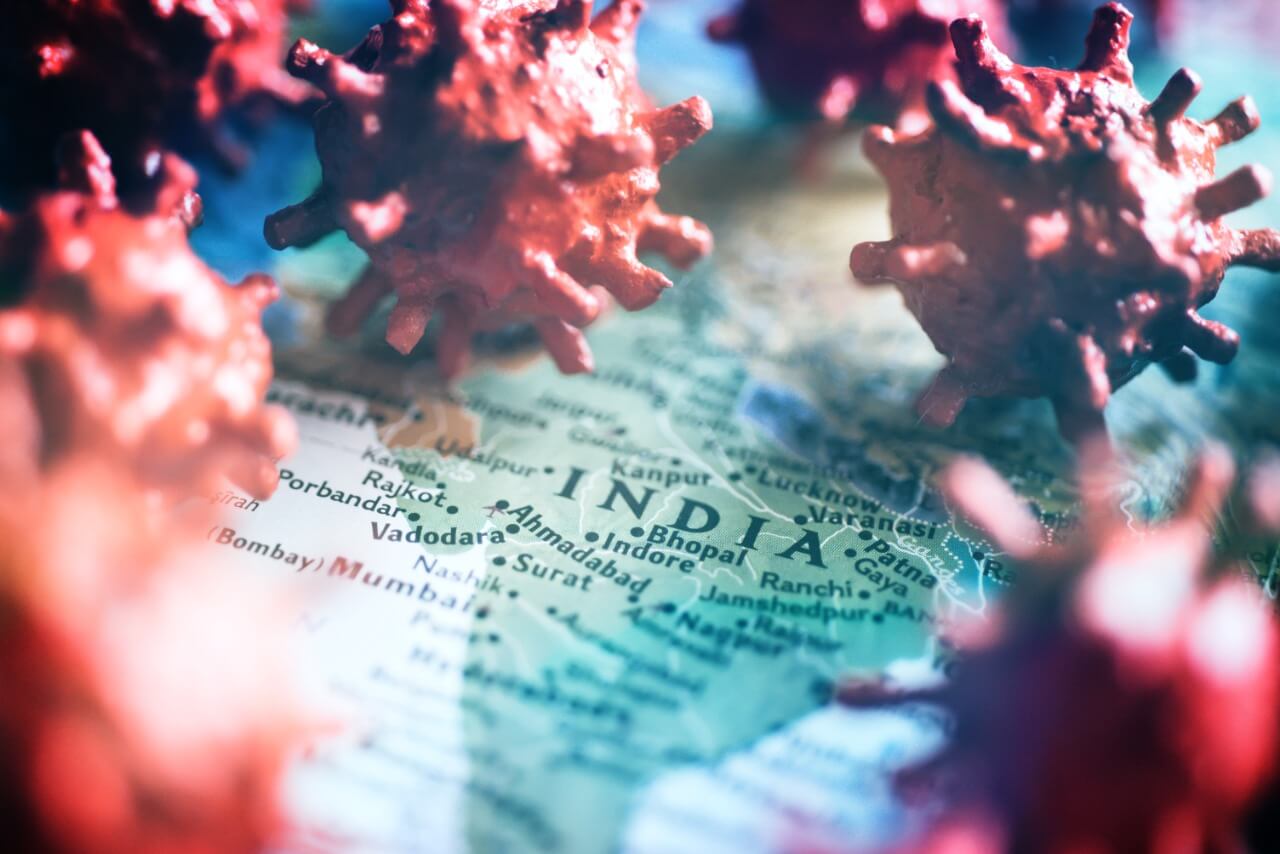
Pandemics and Their Effect
Sun, 09 May 2021 | Reading Time: 8 minutes

Pandemics and Their Effect
Except for a brief period in 1998 when I was researching for a dissertation on ‘Non Military Threats’, I never ever focused on pandemics as a source of existential security threat to a nation. Then too it was restricted to a peripheral reference to HIV/AIDS and the number of hospital beds that would be required along with caretakers, should a large segment of a nation’s population get affected by such afflictions. It’s not me alone; there has always been a general lack of awareness in India about the potential occurrence of large scale pandemics and the inability to fully glean the enormity of the impact. One of the reasons for this has been a disconnect between the world of medical research, especially epidemiologists and virologists, with researchers and managers of national security. That is not strange because for far too long have we treated national security as border and internal security. Our system has been known not to recognize the comprehensive nature of national security. It is only in recent years that things started to change with the academic world slowly coming on board to contribute its bit which is actually huge in terms of intellectual support so needed by the national security system. The perception that the health system could have something to do with security has equally escaped the Armed Forces too. The surprise is that a century ago the world had witnessed a pandemic which saw 50-70 million deaths with 12-17 million in India alone. Neither the academic world revolving around medicine nor the Armed Forces ever converged their thinking in spite of being fully aware of the existence of pandemics through the 20th Century. In the Armed Forces we routinely discuss a plethora of subjects beyond conventional warfare; including geopolitics, economics, science, social issues and development parameters but to date I have never heard of a discussion or a paper on pandemics as a national security threat and our potential role in countering it. And after analyzing every other threat it’s a pandemic which hits you the hardest.
Is it strange that the pandemic called Spanish Flu which lasted from Feb 1918 to Apr 1920 and afflicted 500 million people worldwide found insufficient traction in medical analysis and even lesser in the study of the management of administration which included the aspects of economics and human security. 500 million people ill in a period of 26 months meant almost one third of humanity of that time was afflicted. That pandemic emerged when the world was at war (1914-18); there were extraordinary circumstances. Lots of people were on the move, not only troops, but also civilians, refugees and displaced persons; and there was much hunger prevalent then. Information on the pandemic has been largely obfuscated as it occurred just when the world was looking at the end of a disastrous war; from a fatalities angle it almost seemed an extension of the war. The recorded impact of the pandemic and how the management of it took place in a vast country such as India then under British rule could have provided some insight for today’s management with modern day management techniques. The occurrence of waves and the analysis of their manifestation in different parts of India would have been equally useful. Yet we have not had the benefit of those mostly because firstly India wasn’t independent and the British, otherwise so administratively efficient, had no major interest in it after a devastating war.
The management of information is such an essential aspect of any national security situation. In conventional or hybrid war, information analysis and streamlining of information from the overload, provides the options and ease of decision making. A pandemic similarly requires an information support system. Historical information on the medical aspects may have been missing this time but many similarities between the symptoms of the Influenza and Corona virus facilitated response without extensive research. How exactly the health support system was expanded in 1918 to cater for the surge of cases is not fully known except that the large number of medical support people who functioned in the Great War were already available and perhaps their presence made a difference.
A hundred years later many aspects of science have come to the aid of human beings to battle the pandemic. The rapidity with which transportation has come to the fore, by sea, land and air has been remarkable allowing a massive movement of medical supplies. Education which would have been paralyzed completely could be partially retrieved through online intervention. However, the social impact of this will be profound with a large number of children unable to afford smart devices or internet connections. Contingent upon just how long the waves of the virus can be expected to last the education sector is one domain which will need revamp. If the virus persists and repeated pandemic like conditions become a way of life there will be many other sectors which will also need to be reviewed. The business of travel will perhaps be one of the most affected because of the necessity of prevalence of Covid norms of social distancing in the foreseeable future. The travel industry employed one in 11 people in the world’s working population in 2015, supporting more than 284 million jobs that generated more than $7.2 trillion or 10 percent of the global GDP. Even if herd immunity is achieved with a dynamic vaccination drive there will still be many ‘no vaccine’ believers. The irony of the entire post pandemic situation would be the absolute necessity for international cooperation in containment of fresh outbreaks of mutant strains. No nation can survive by closing its borders for posterity; international interdependence is a way of existence the humans decided upon many ages ago. It’s not going to change in a jiffy. Threats to travel adversely affect economies; they also have a debilitating effect on overall quality of life. It also bears the potential of impacting the mental health of populations who have been so used to annual holidays.
It is the world of economics which has the most profound effect on human existence. A Hindustan Times editorial is categorical in belief that the V-shaped recovery in India which was expected after the first wave will now be muted. Almost 230 million people have fallen below the income poverty line of Rupees 375 per day due to the pandemic. Even where jobs were restored after the first wave there has been a qualitative drop in income and content. If this progressively continues into subsequent waves it will prove one of the most serious governance challenges. Employers will probably brace for subsequent waves and restrict re-employment in the interim causing more dismay among the populace and add to the inevitable trauma.
It is trauma that should worry us. The state of mental health is a function of the adjustment of human beings to the environment in which they exist. People existing in poverty yet learn to be happy with their meager incomes tailoring their needs accordingly. While that principle always applies, sudden changes in financial and social status, loss of material effects, multiple deaths in families and the inability to perform decent last rites are some of the causes of trauma in current circumstances. There just aren’t enough mental health specialists and the stigma of the term ‘mental health’ tends to prevent adoption of the option of counseling. We should expect more of this progressively and should gear up to have many more online psychological counselors in the future. Civil Society Organisations (CSOs) will have to bear the brunt of this although considering the expected volumes government support for this would also become inevitable.
Most of the world has been bold with entertainment and sports. From film shooting with Covid norms to bio-bubbles for sports events, experiments have been rife. With lockdowns and curfew like situations people need online entertainment and novelty is in demand over that which is existing. While there has been a lot of criticism against cricket’s IPL similar experiments have succeeded with football. The Olympics may yet take place without audiences. The concept of sports entertainment only through online mode will probably be a way of life hereafter
There is an entire industry which is based upon international conferences. Although very intimately linked to travel and hospitality it is also a lot to do with business promotion and government related conflict resolution and management. A surge in online meetings means huge cuts in budgets and resultant savings which would have been useful in giving oxygen to the travel industry. Perhaps, the development of less populated cities and resorts for conferences may be a consequence of this phenomenon.
The militaries around the world have received a fillip due to their ability to quickly mobilize task forces and execute projects such as the setting up of large hospitals and the repair or installation of large oxygen plants. In India there has been much debate around the scope of involvement of the Armed Forces because of the existence of real life border threats, something we have witnessed till even last year. As a principle it is good to employ multiple organizational skills of the military but it must be done as stop gap until the inevitable administrative loopholes which get identified in emergencies are suitably overcome.
The foreign policy domain gains far greater complexity. That is because worldwide pandemics mean dilution or enhancement of comprehensive national power of nations based upon the degree of affliction and the recovery pattern. This inevitably means changes in the offing in the world order, strategic equations between nations and the technological means to handle the progressive crises. In India’s case this comes at a time when the centre of gravity of international politics is tending to move into the Indo Pacific. Perceiving a dilution of India’s comprehensive national power its adversaries will remain hyperactive to establish greater influence in the neighborhood. India will have to do two things on priority. Firstly, it will need a firming up of linkages with great powers who can assist it in recovery and resetting of strategic balance. Secondly, it will have to move expeditiously to prevent its near abroad region falling under greater influence of its adversaries.
While a pandemic can change so much in the security, lifestyle and niche position of a nation the one domain which will have predominant influence in recovery and post situation dynamics is information. With digitalization it is possible to execute greater modeling and learn lessons from the same; the kind of information void we lived in after the Spanish Flu of 1918-20 can be a thing of the past. With the public in some state of confusion, loss of confidence and trauma, multiple and diverse information means can be employed for generation of hope and positivity. Entertainment and the choices in it can be enhanced. Social media is a boon for revival of family bonds and other means of modern tribalism such as chat groups and virtual meetings. Information resources to educate and create awareness about future pandemics will proliferate and assist governments. A practical information based lesson from this pandemic is the need to tether medical centres and people together based upon neighborhoods so that people do not have to seek hospital beds and ICU facilities far from home.
The scope to learn lessons from the ongoing pandemic is unlimited. It’s best if organizations continue to record observations on a daily basis so that there is enough information generated to analyze and learn lessons from. Hopefully the world will not have to live in an information void as it did for almost a century after the Spanish Flu of 1918-20. For the Indian Armed Forces and the Civil Services pandemics and their handling had better become a subject of research and scenario building for the future.
Author

Lt Gen Syed Ata Hasnain (Retd), PVSM, UYSM, AVSM, SM, VSM* former Commander of Indian Army’s Srinagar Corps, focuses on trans-national and internal conflicts in Asia and the Middle East with particular emphasis on issues revolving around Radical Islam. He was largely responsible for the humanization of internal conflict through the concept of the ‘Hearts Doctrine’. He is the Chancellor of Central University of Kashmir and speaks extensively at Indian and international institutions on a wide variety of subjects revolving around strategic affairs and leadership.
Disclaimer
The opinions expressed in this article are the author’s own and do not reflect the views of Chanakya Forum. All information provided in this article including timeliness, completeness, accuracy, suitability or validity of information referenced therein, is the sole responsibility of the author. www.chanakyaforum.com does not assume any responsibility for the same.
Chanakya Forum is now on . Click here to join our channel (@ChanakyaForum) and stay updated with the latest headlines and articles.
Important
We work round the clock to bring you the finest articles and updates from around the world. There is a team that works tirelessly to ensure that you have a seamless reading experience. But all this costs money. Please support us so that we keep doing what we do best. Happy Reading
Support Us




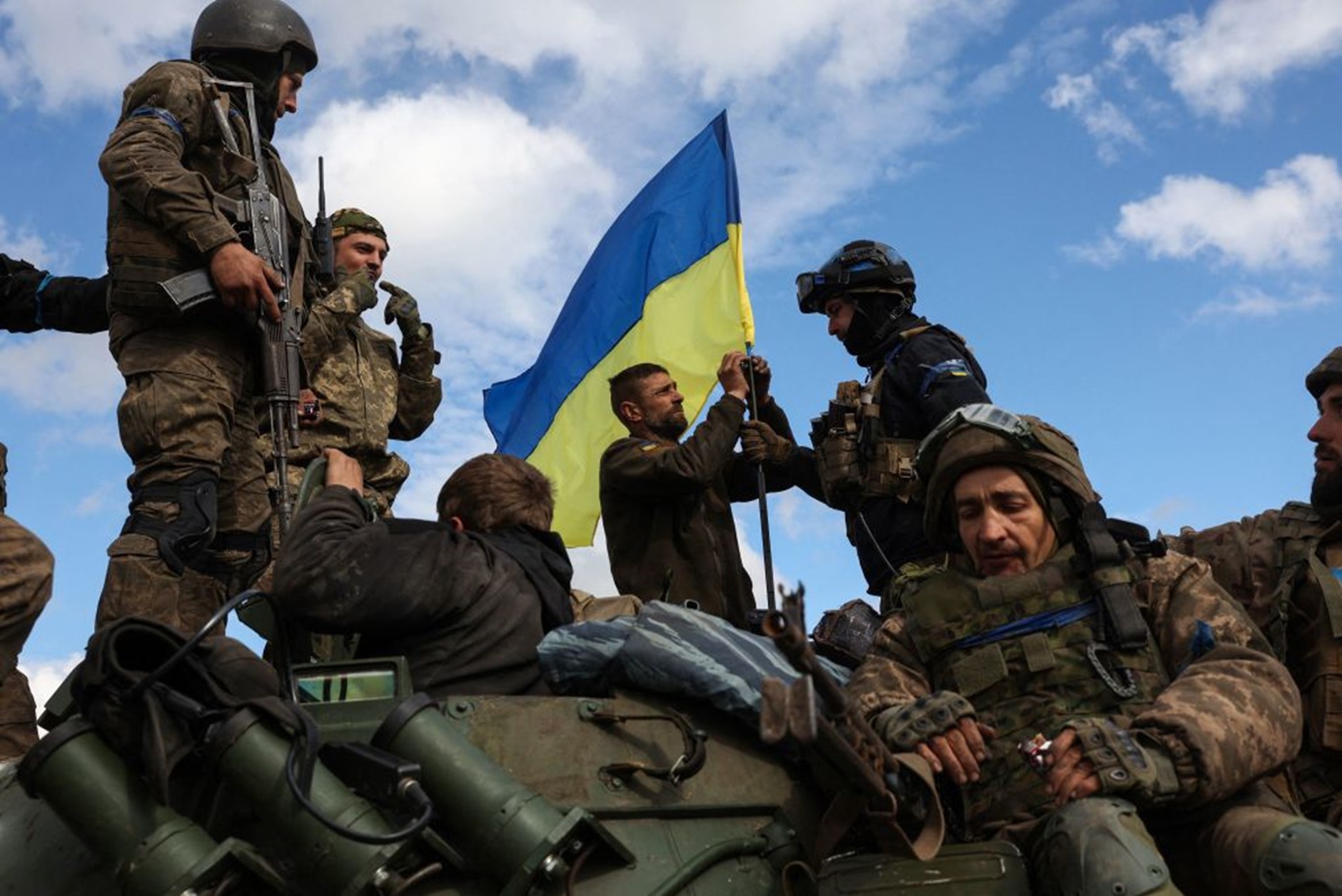
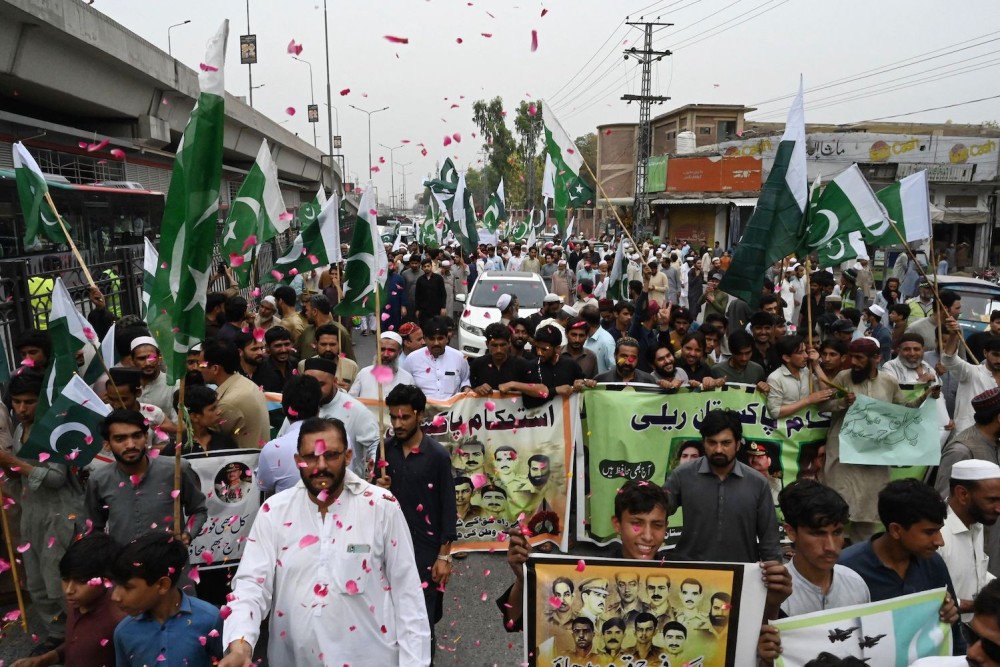
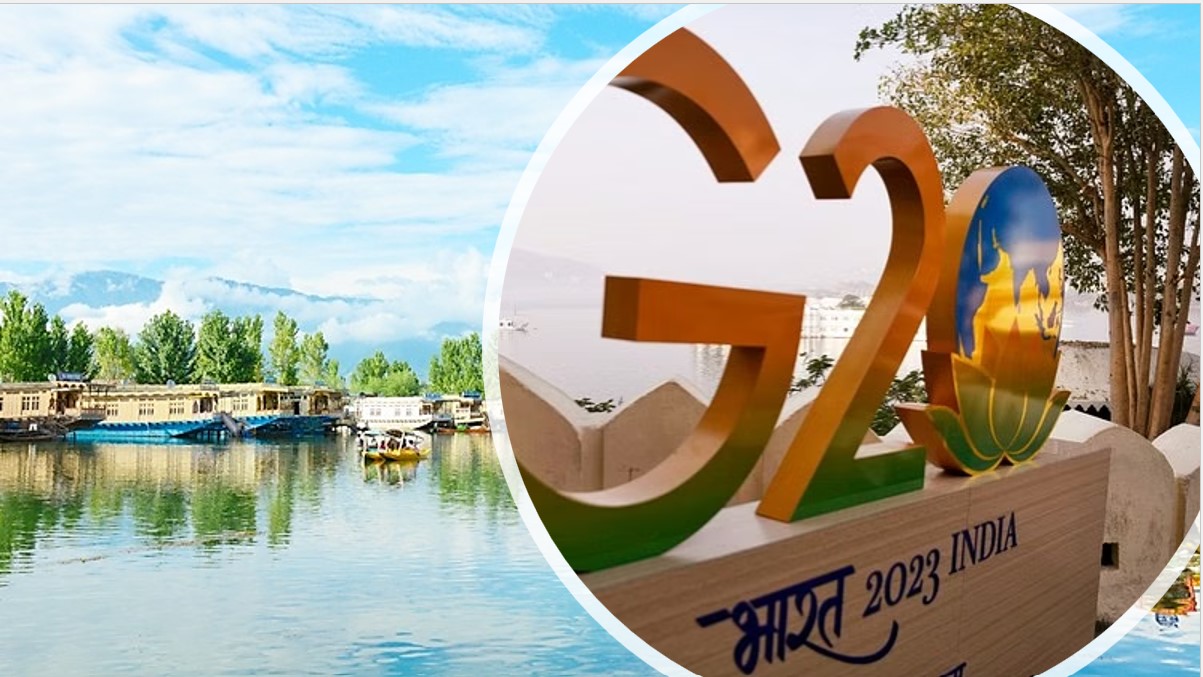
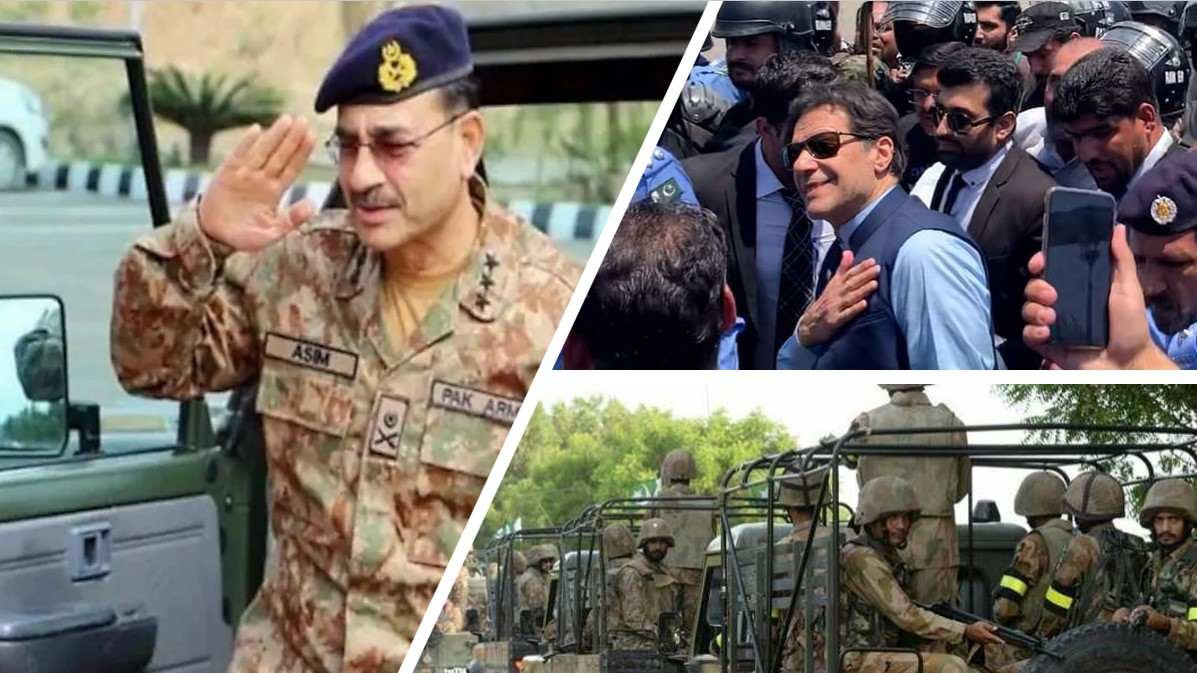
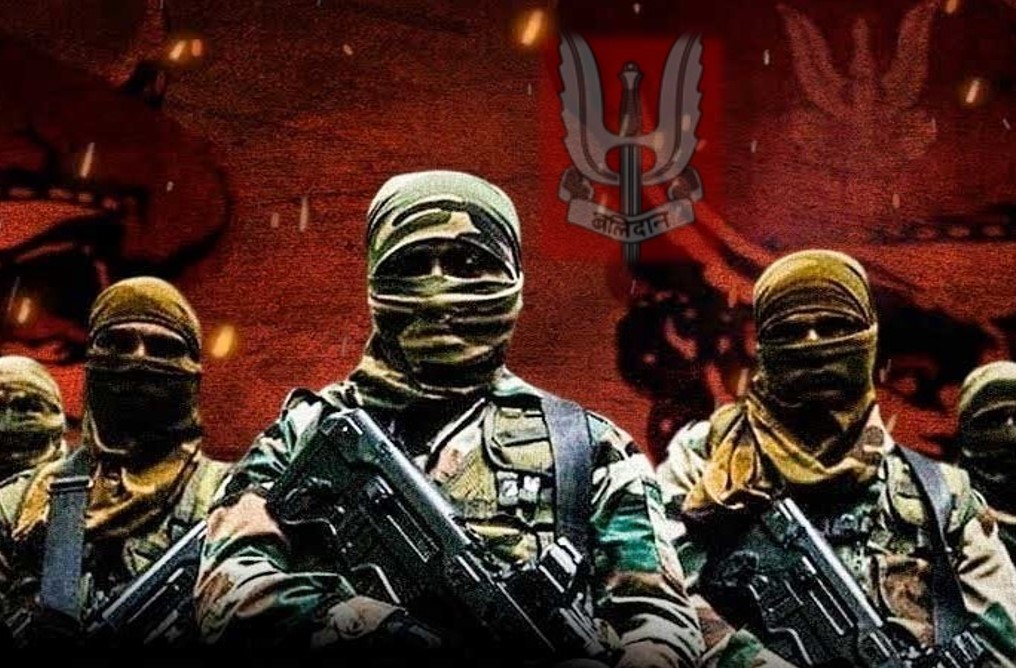
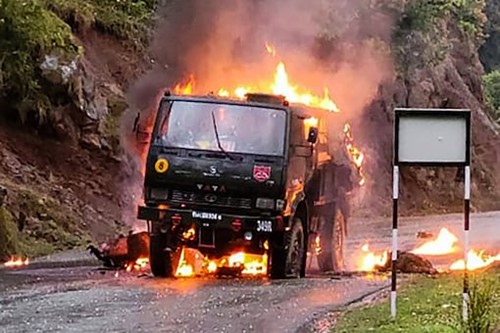
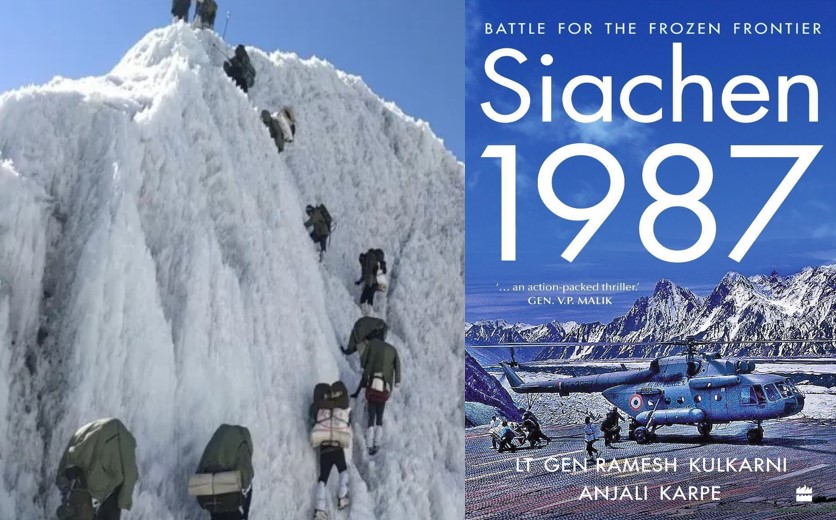
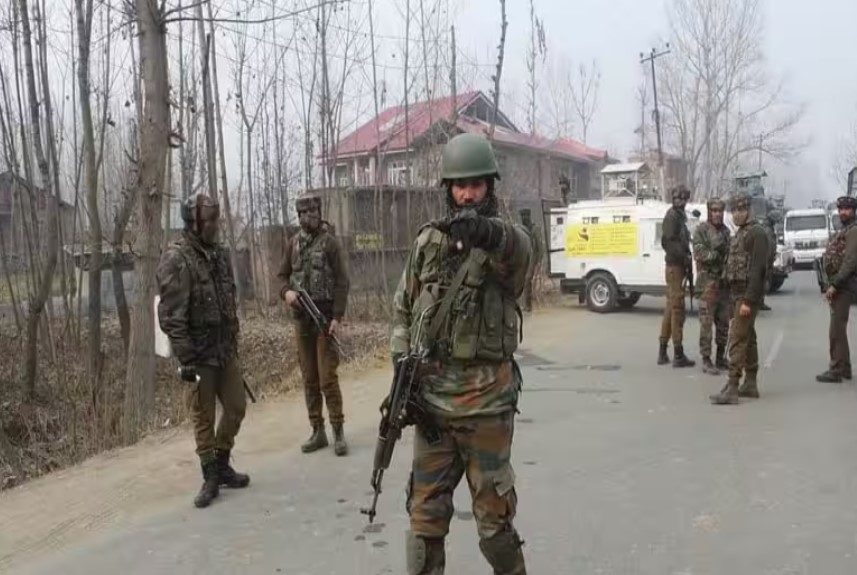
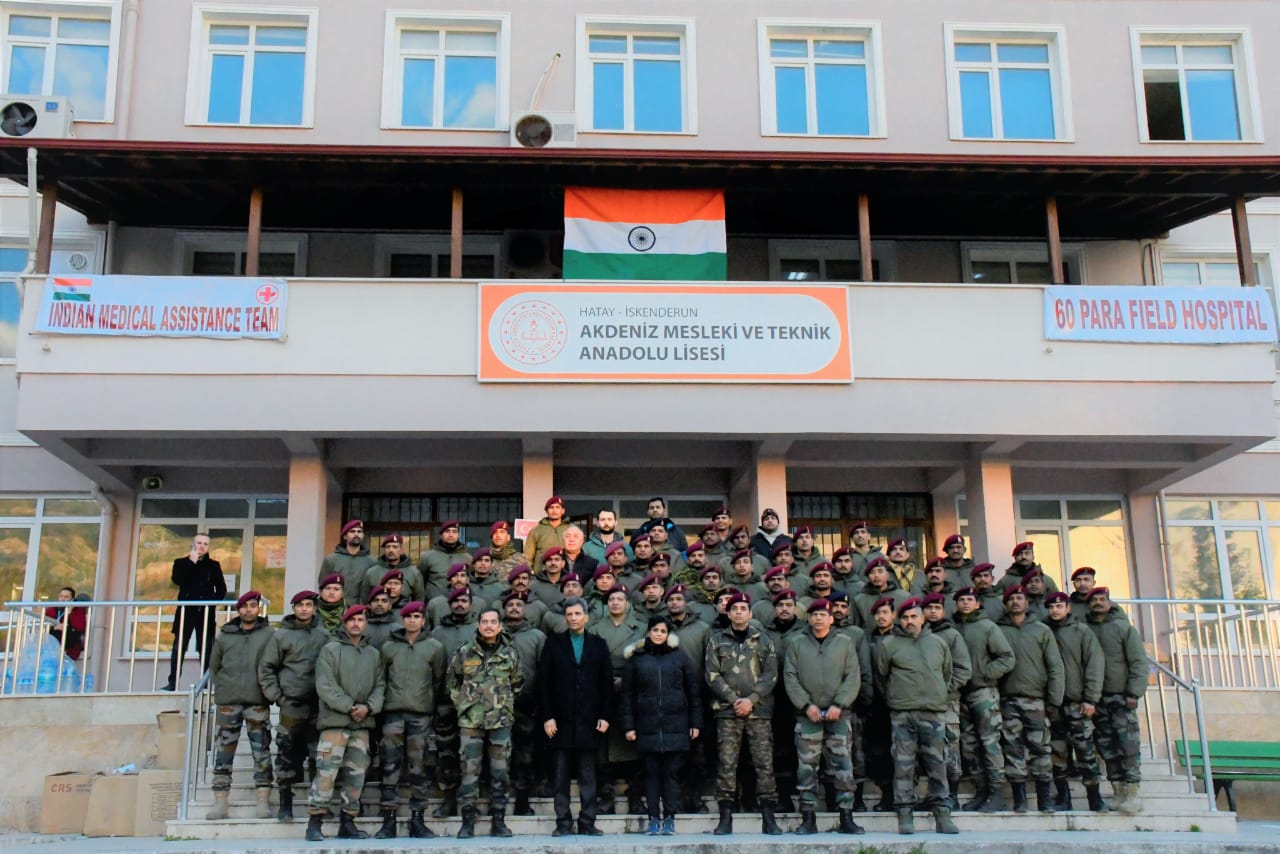
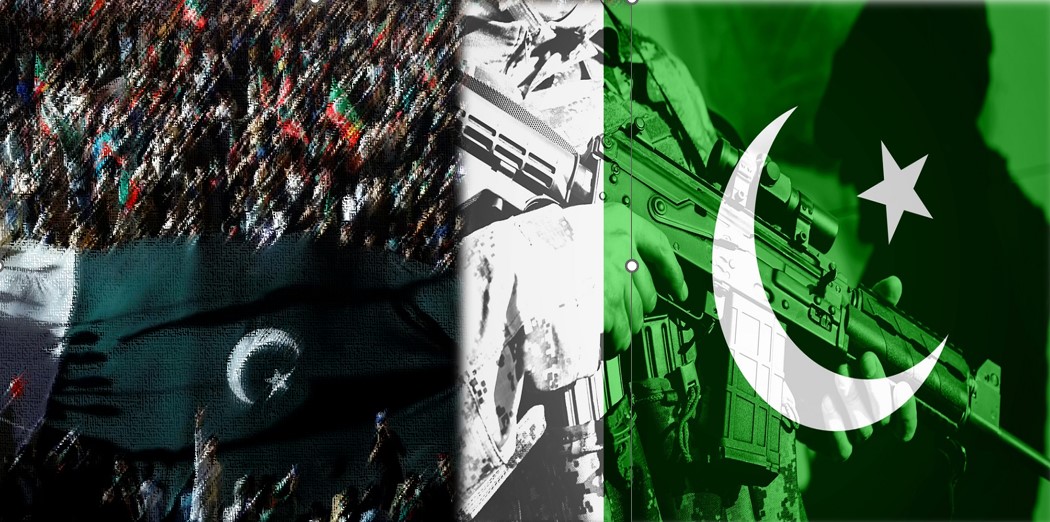






POST COMMENTS (2)
Sri Garapati
Yogesh Prasad